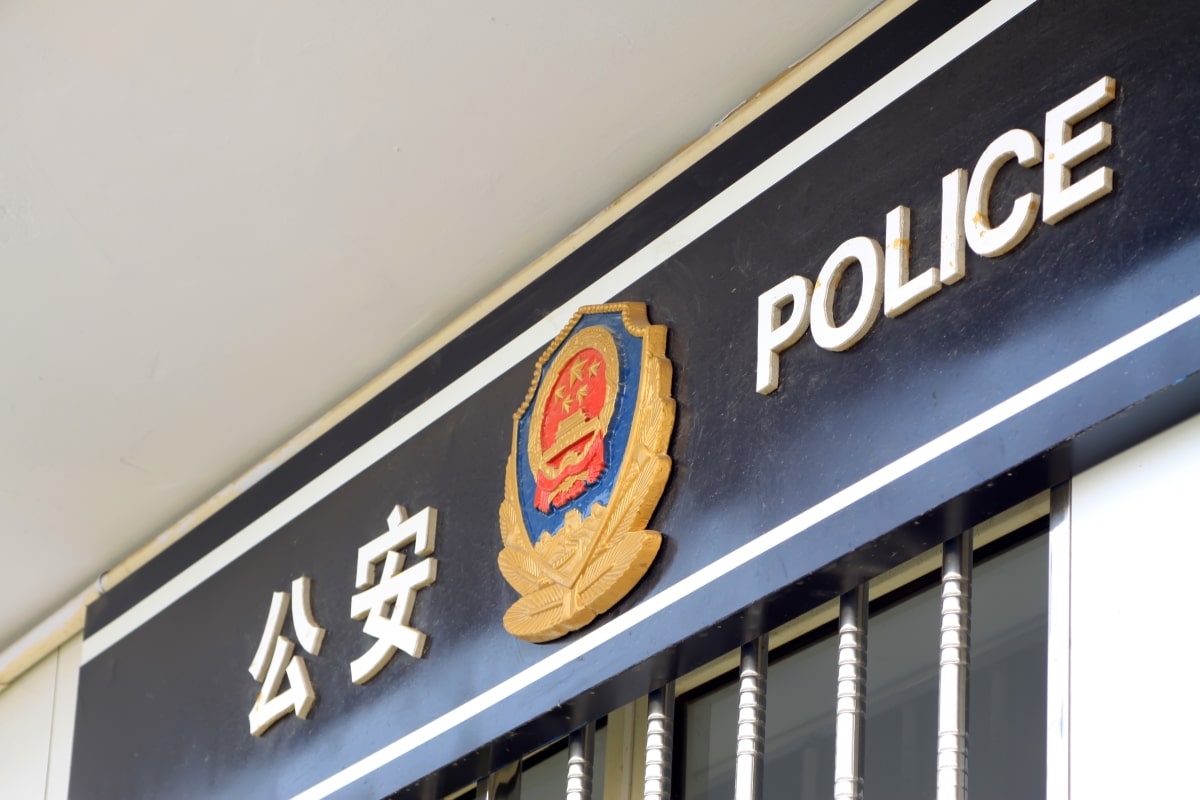Investigations and worries about foreign meddling in other nations’ affairs have been sparked by Chinese authorities’ establishment of a network of overseas police stations to hunt dissidents and carry out influence activities.
Chinese authorities have established a network of overseas police stations in various cities around the world, including New York, London, Rome, Tokyo, and Toronto. These stations have been used to target and intimidate dissidents, highlighting Beijing’s efforts to silence critics globally. The stations serve as a cover for Chinese government operations that are considered too risky for official diplomats. They operate in neighborhoods with large ethnic Chinese communities, allowing operatives to work with relative anonymity. Investigations are ongoing in several countries, including the US, UK, Japan, and the Netherlands, to uncover the extent of these operations, but arrests have yet to be made. European governments have faced limited success in shutting down these facilities, and activists argue that more needs to be done to address the issue. US officials have expressed concerns about these outposts for some time, and investigations have led to the arrest of two Chinese nationals in New York. Canada has also reported the presence of these police stations, prompting a nationwide investigation into foreign interference and discussions about implementing a registry system for foreign agents.






